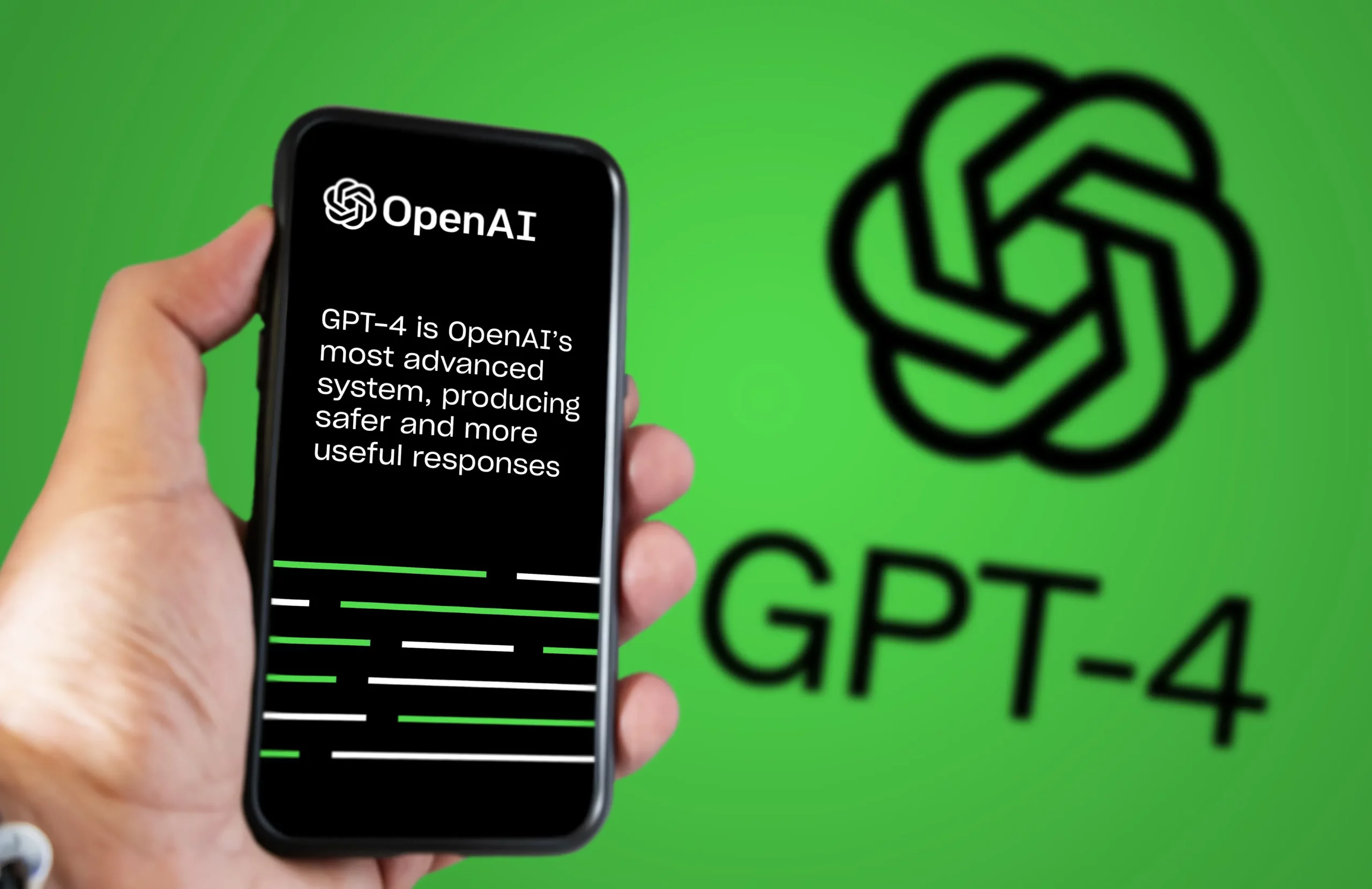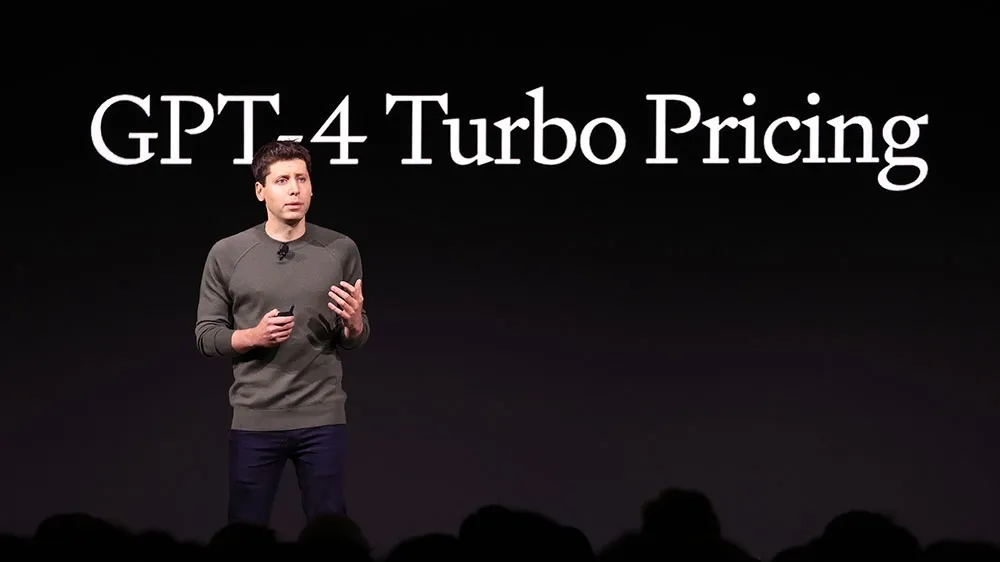OpenAI GPT Revolution
Staying abreast of the swiftly evolving AI landscape is no easy feat. To help you navigate the latest developments in machine learning, here’s a concise overview of recent happenings in the AI realm, along with noteworthy research and experiments that may have slipped under the radar.
OpenAI took center stage this week with its inaugural developer conference, unveiling a range of innovations. The spotlight was on GPT-4, an upgraded version of the powerful language model, along with new text-to-speech models and an API for DALL-E 3, an image-generating marvel. However, the game-changer was undeniably the introduction of GPTs.
OpenAI’s GPTs empower developers to create their own conversational AI systems using OpenAI’s models, with the added bonus of a GPT Store—a marketplace hosted by OpenAI. In a strategic move, developers will soon have the ability to monetize their GPTs based on user engagement, as revealed by OpenAI CEO Sam Altman during the conference keynote.
Altman emphasized the democratization of generative AI app development through GPTs, which require no coding expertise and can range from simple to complex applications. This move from AI model provider to a platform echoes OpenAI’s earlier steps with ChatGPT plugins, signaling a broader vision.
The scope and immediacy of OpenAI’s GPT building and commercialization tools have raised eyebrows. While the GPT experience exhibited some glitches in demos, it functions as advertised, making AI app creation accessible to a wide audience. Whether training a GPT on a cookbook collection or ingesting a company’s proprietary codebases, the possibilities are expansive.
This shift in OpenAI’s strategy could potentially disrupt consultancies relying on building similar systems for clients. For businesses with developer talent, platforms lacking app-building tools may become less appealing. While concerns about potential monopolies linger, OpenAI’s first-mover advantage positions it as a force to be reckoned with.
In the broader landscape:
– Samsung enters the generative AI arena with Samsung Gauss, offering language models, code generators, and image editing capabilities.
– Microsoft extends a helping hand to startups, providing a no-cost Azure AI infrastructure option for high-end GPU clusters, starting with Y Combinator.
– YouTube experiments with generative AI features for paying subscribers, introducing conversational tools and comment summarization.
– DeepMind’s head of robotics discusses Google’s ambitious foray into general-purpose robots and generative AI.
– Kai-Fu Lee’s AI startup, 01.AI, valued at $1 billion, releases its first model, Yi-34B, as open source.
– GitHub teases customizable Copilot plans for enterprise subscriptions, allowing fine-tuning based on internal codebases.
– Mozilla enters the AI chatbot space with Fakespot Chat, aiding consumers in online shopping with product-related queries.
In the realm of machine learning advancements:
– MetNet-3 emerges as a physics-based weather model, enhancing short-term predictions with high resolution.
– Researchers at the University of Kansas develop a detector for AI-generated text in chemistry journal articles, showcasing the potential for more specific applications.
The AI landscape continues to evolve rapidly, and OpenAI’s strides with GPTs are setting the stage for a transformative era in conversational AI.










